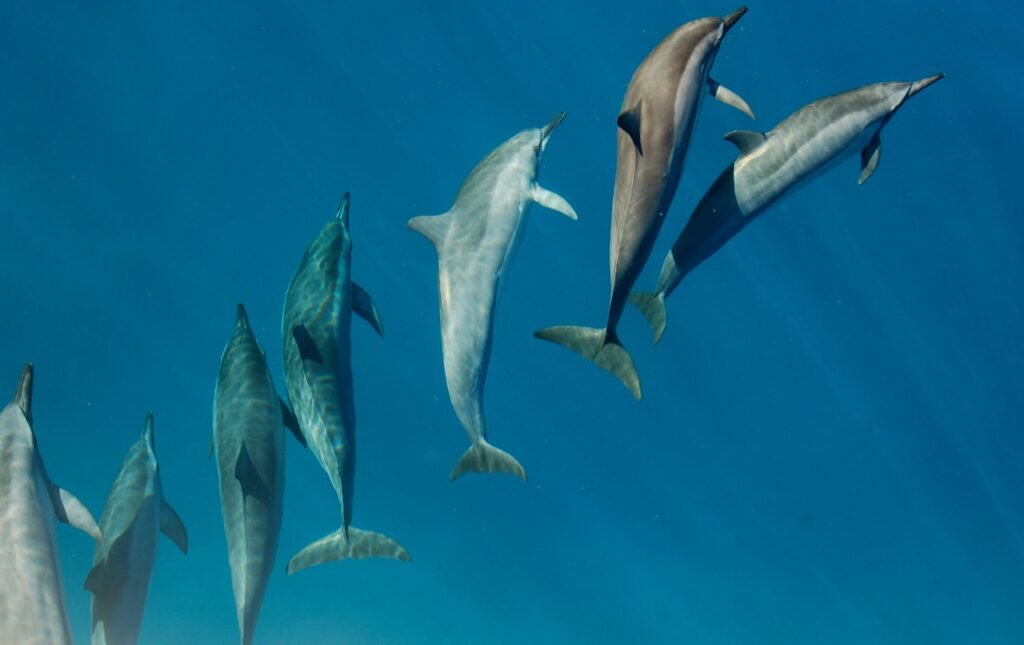EU researchers have embarked on a groundbreaking study to understand how dolphin arteries remain healthy with age, with the aim of uncovering new ways to improve cardiovascular health in humans.
The project, led by biologist Yara Bernaldo de Quirós from the University of Las Palmas de Gran Canaria in Spain and Professor Douglas Seals from the University of Colorado Boulder, focuses on the evolutionary adaptations of marine mammals that have enabled them to avoid age-related arterial diseases.
The research, titled Arterial Aging, delves into the natural mechanisms that may protect marine mammals’ arteries from aging, potentially offering insights into preventing cardiovascular diseases in humans. With cardiovascular diseases being a leading cause of death in Europe, the study aims to find ways to slow down the aging process of arteries to reduce the risks associated with such conditions.
One of the key findings of the research is the significant impact of blood serum on arterial function. Experiments conducted on isolated carotid arteries from mice revealed that exposure to blood serum from older animals led to a decline in artery function, while serum from younger animals had a rejuvenating effect. This highlighted the role of circulating molecules in maintaining arterial health.
In a groundbreaking phase of the project, the researchers tested blood serum from bottlenose dolphins of varying ages. Surprisingly, arterial function remained consistently healthy when exposed to dolphin serum, even in aged arteries. This discovery has opened up new avenues for cardiovascular science, prompting further exploration into the specific factors responsible for the protective effect observed in dolphin serum.
Moving forward, the research team plans to identify the mechanisms underlying arterial aging by studying the proteins present in the blood and their impact on arterial health. By collaborating with experts in pediatric cardiology and cardiogenetics, the researchers aim to uncover strategies for preventing arterial aging and improving cardiovascular health.
As the experiments progress in different locations, the researchers are laying the groundwork for a larger international study to validate their findings. The ultimate goal is to translate the knowledge gained from dolphin arteries into innovative ways to combat cardiovascular diseases in humans.
In conclusion, the study on dolphin arteries not only sheds light on the remarkable resilience of marine mammals’ cardiovascular systems but also offers hope for developing new approaches to enhance human cardiovascular health. By understanding the natural mechanisms that protect dolphins from arterial aging, researchers aim to pave the way for a healthier future for all.


